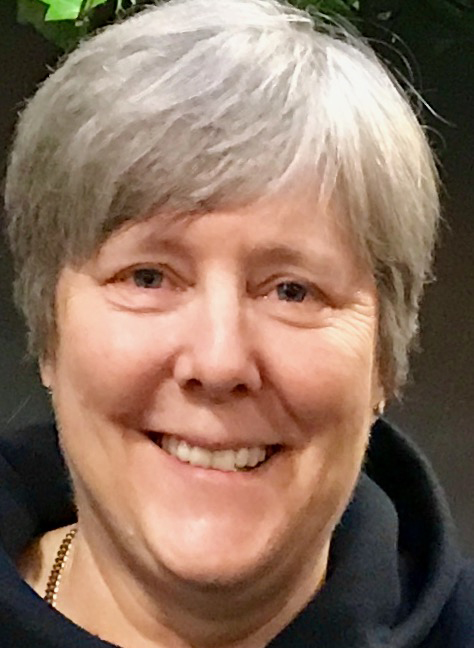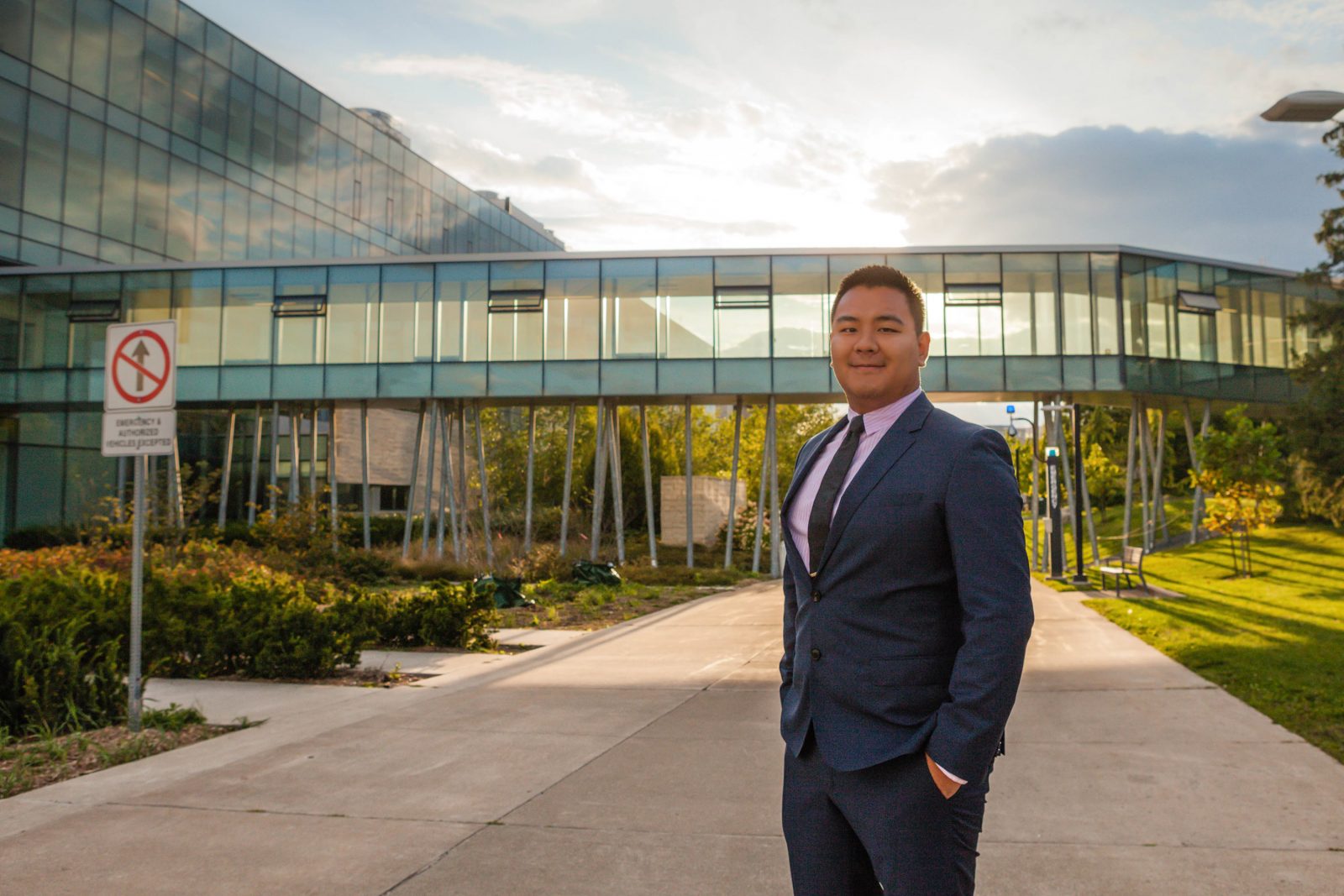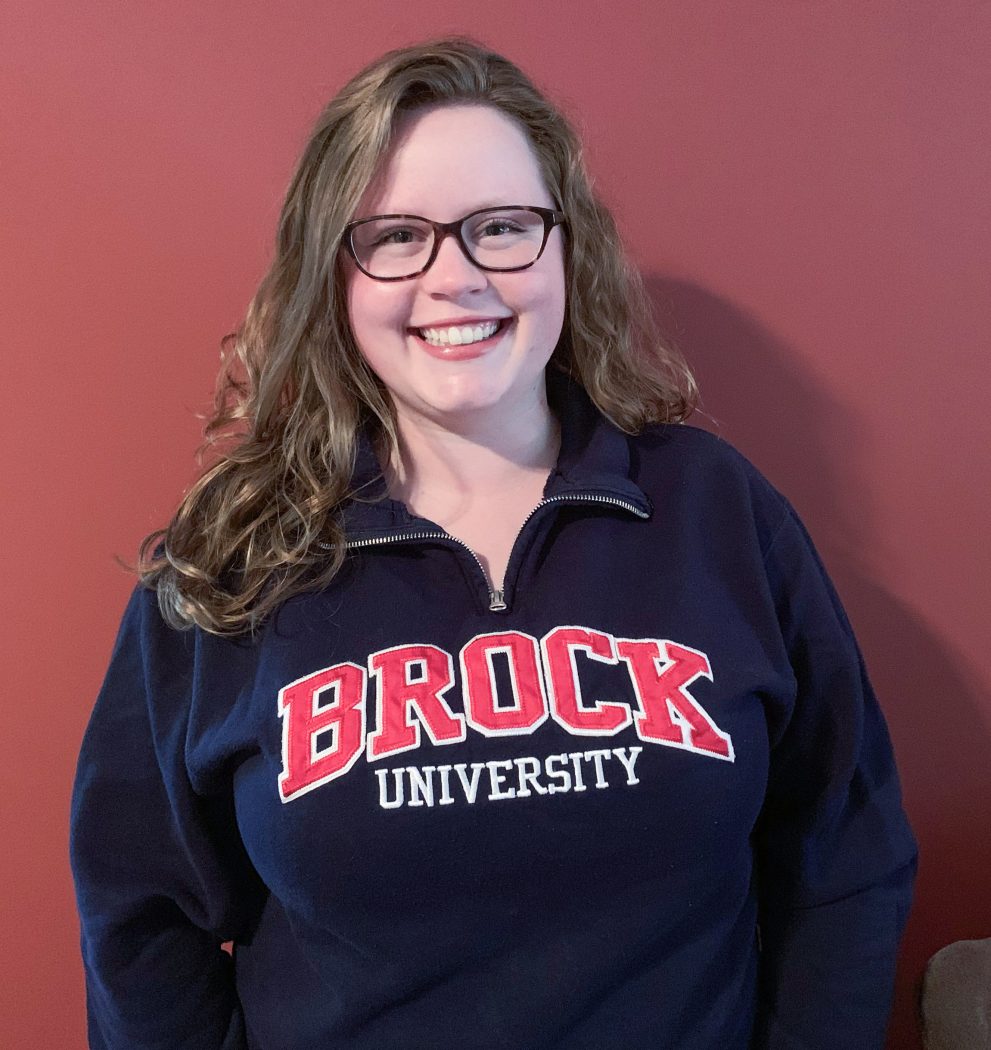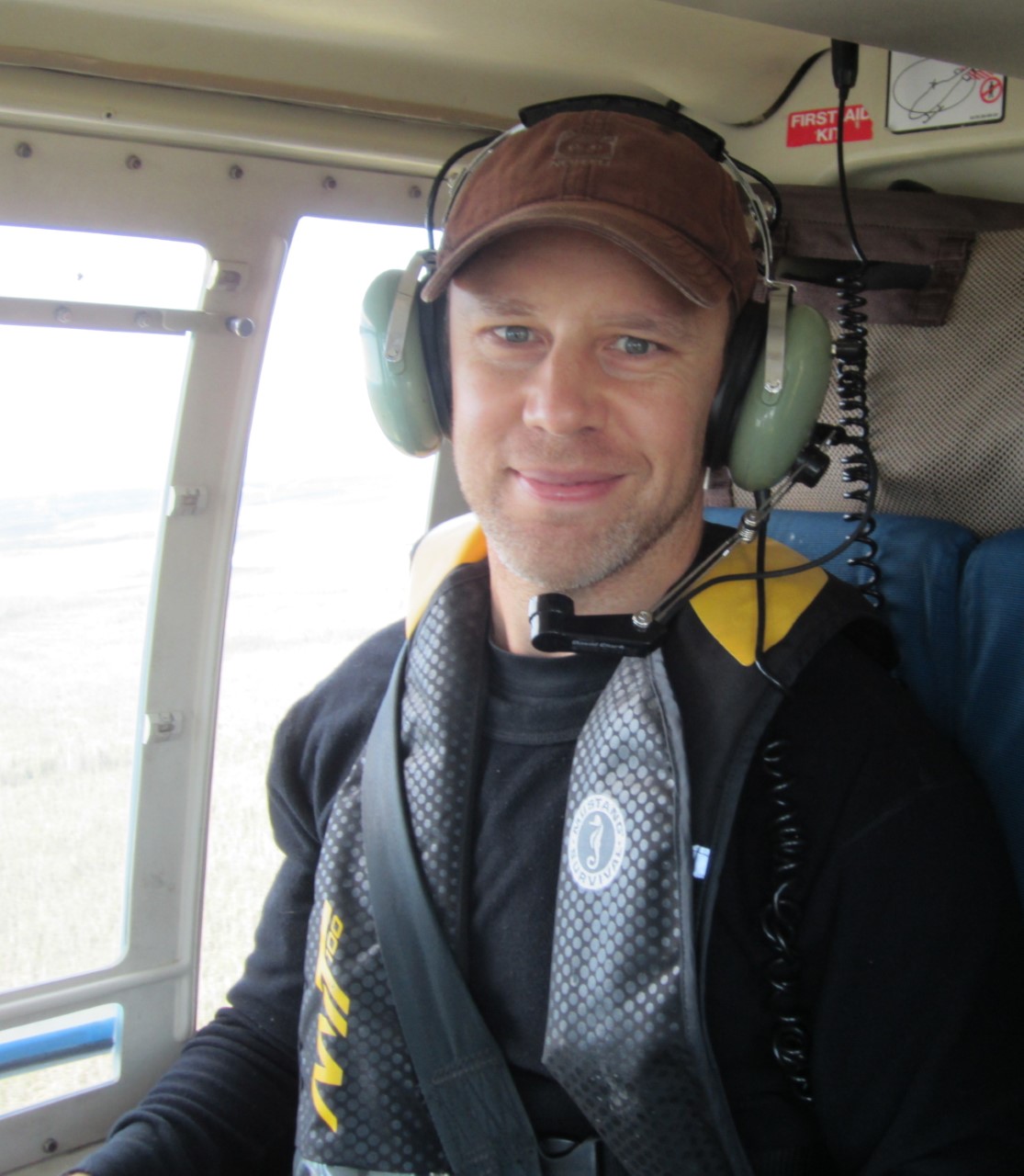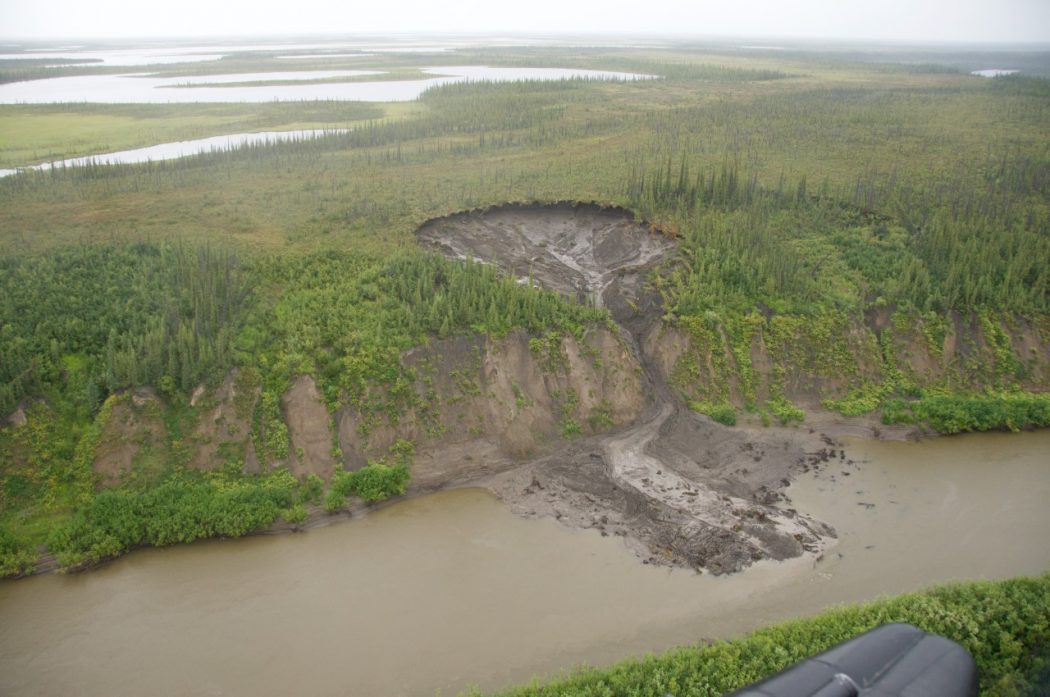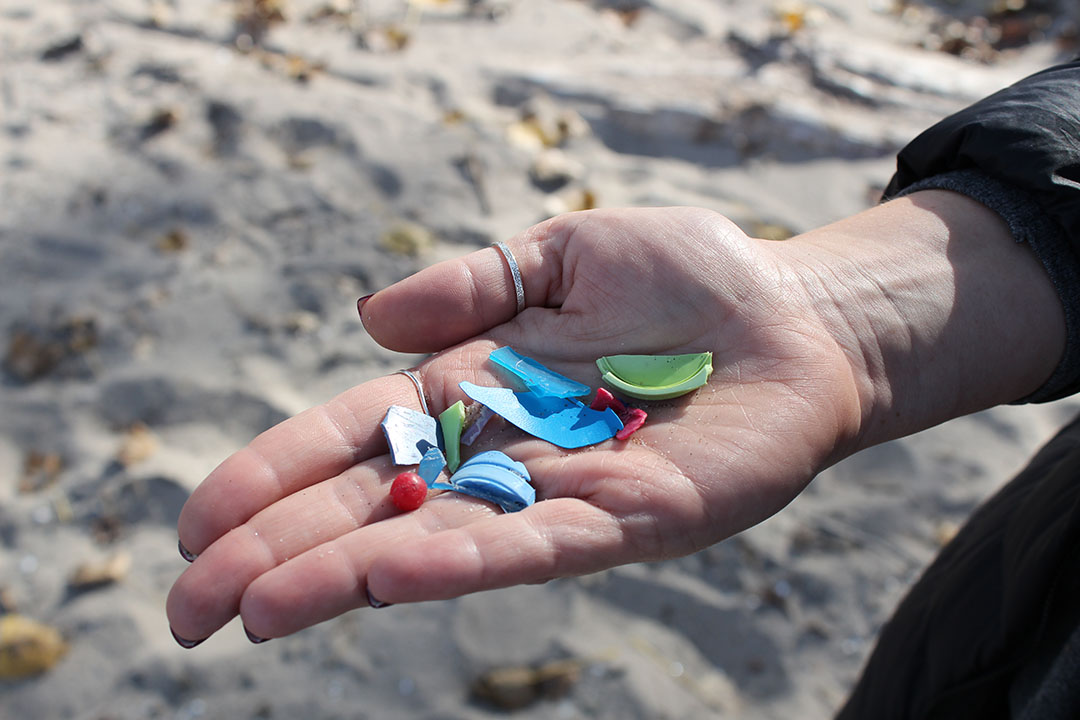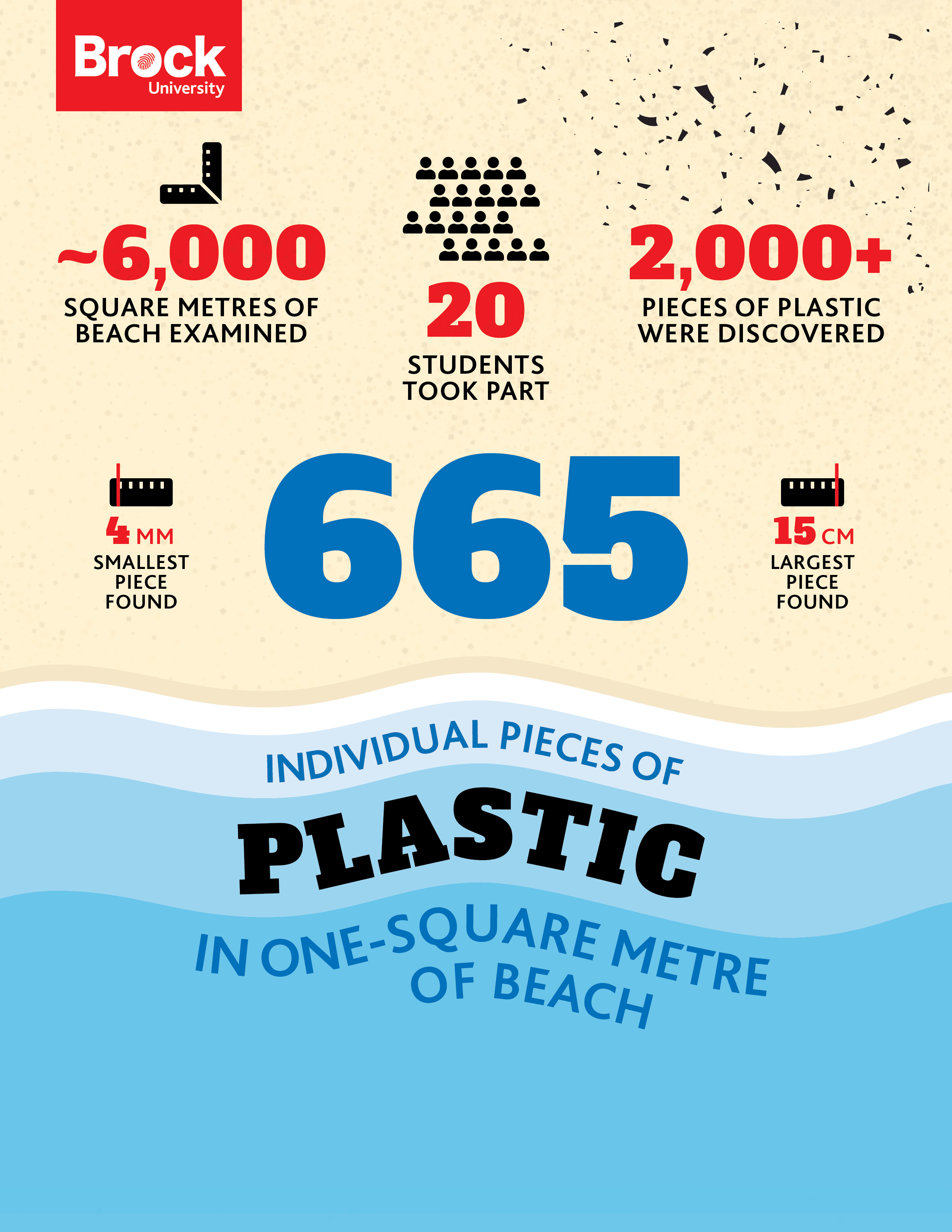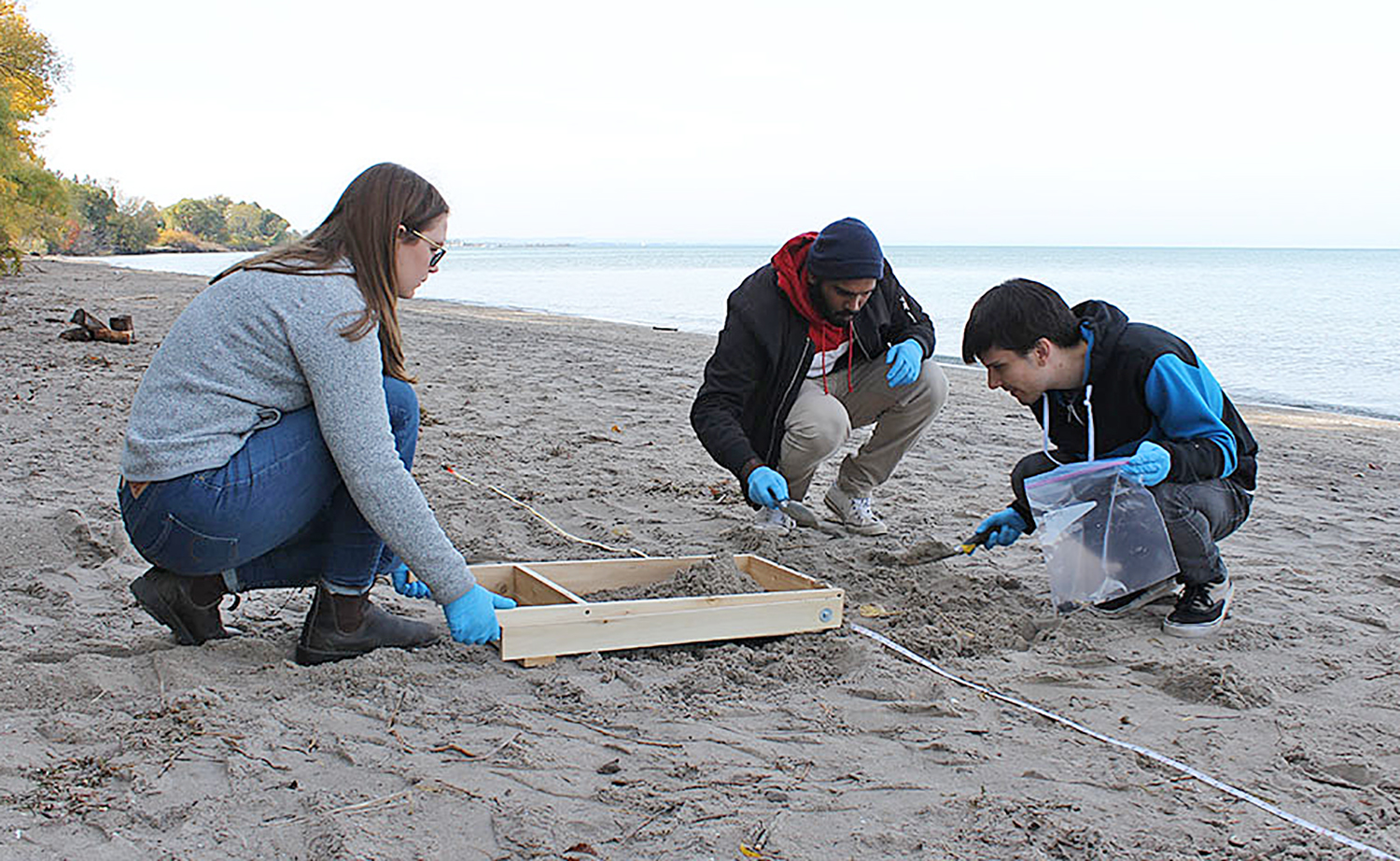 Dr. Phillip Mackintosh has published a new chapter in the book Micro-Geographies of the City, 1750-1900 titled “Liberalism underfoot: A micro-geography of street paving and social dissolution – Brunswick Avenue, Toronto, Ontario, 1898–99”.
Dr. Phillip Mackintosh has published a new chapter in the book Micro-Geographies of the City, 1750-1900 titled “Liberalism underfoot: A micro-geography of street paving and social dissolution – Brunswick Avenue, Toronto, Ontario, 1898–99”.
This chapter defines liberal urbanism in the context of Toronto’s paving problem and the universally unpopular local improvements by-law, devised to rehabilitate and ultimately capitalise the modern city. It focuses on the particular case of Brunswick Avenue and how Brunswickers’ perturbations of choice dismantled community good will. The four blocks of Brunswick Avenue between College and Bloor underwent two phases of pavement installation from 1880 to 1900. The first stretch, from College to Ulster, laid a cedar block roadway in 1882, which had an expiry date of 1892. Property owners tolerated their spent cedar roadway for four years and then purchased an asphalt surface in 1896, built by contractor David Chalmers in October 1896. Curiously given the snooty reputation of the homeowners in that section of Brunswick the same neighbourhood wanted only a plank sidewalk on the west side of their new asphalt pavement despite the city engineer recommending brick.
Read the chapter and full book here.
Citation:
Phillip Gordon Mackintosh (2021) Liberalism Underfoot: Paving and Social Paradox—Brunswick Avenue, Toronto, Ontario, 1898. In Alida Clemente, Jon Stobbart & Dag Lindstrom eds, Micro-Geographies of the City, 1750-1900. Research in Historical Geography Series, London: Routledge.


